Decadence Mandchoue is the most memorable book I read in 2013. It’s the memoir of Edmund Trelawny Backhouse, and it covers China’s last decade under the emperors. Backhouse was an English eccentric and talented linguist who gained access to the Forbidden City and became one of the Empress Dowager’s many lovers. His own predilection was unambiguously homosexual, however, and his reminiscences in this sphere are nothing if not outrageous. The book was long considered a pack of lies, but Earnshaw Books in Hong Kong has come up with this newly-edited edition that makes Backhouse’s revelations seem entirely credible, as well as irresistibly readable.
Of the other books reviewed this year,The World’s Rarest Birds is remarkable as a passionate plea for the world’s most endangered avian species. Notable is the plight of the albatross. With 100,000 being killed every year on the baited lines of modern industrial-scale fishing boats, this fabulous bird is facing certain extinction if nothing is done to help it. Simple procedures, such as weighting the lines, can reduce the carnage to zero. Altogether, this book is a full-color, information-packed catalog of some of the most spectacular inhabitants of our beleaguered planet.
Thai Stick is a vivid account of marijuana smuggling between Southeast Asia and the US during the 1960s and 1970s. It makes for compulsive reading, and was put together by an academic (Peter Maguire) in conjunction with a self-confessed former smuggler (Mike Ritter).
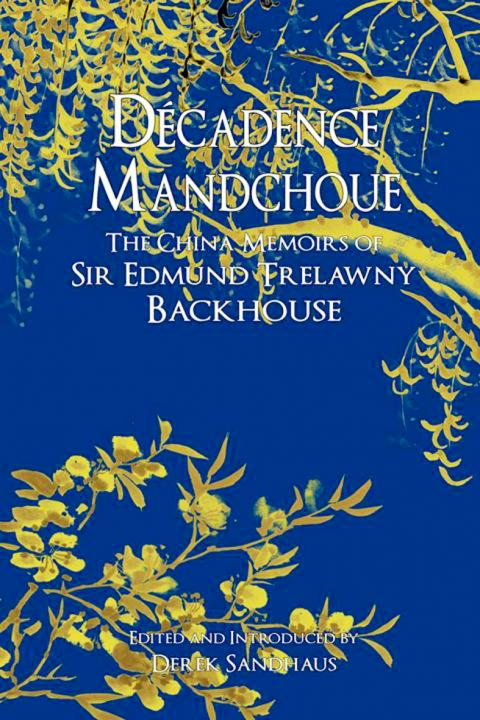
The First Bohemians is the second book by art historian Vic Gatrell to survey the riotous world of London’s 18th-century satiric cartoonists, following City of Laughter in 2007. It’s an account that manages to be both scurrilous and authoritative. Gatrell is an expert with the common touch, who gives special emphasis to the sexual exploits of the artists then living in London’s Covent Garden area.
The Last Train to Zona Verde is Paul Theroux’s dyspeptic account of an overland trip from Cape Town to Angola. He sees both sides of life in South Africa, is reasonably tolerant in Namibia, but finally blows his top when he reaches Angola. And as always, Theroux is best of all when he’s angry.
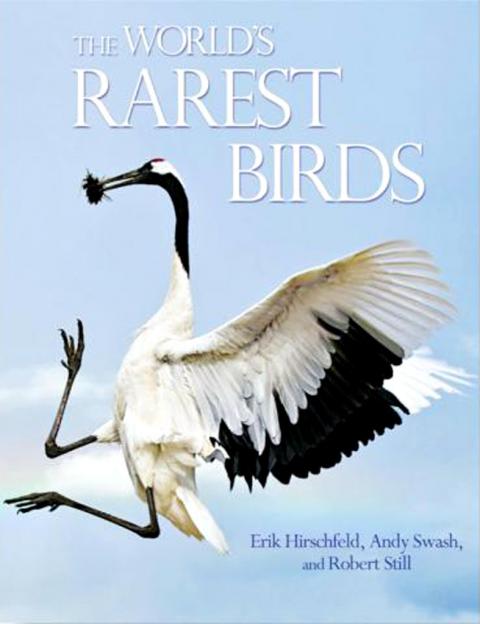
On Taiwan, The Third Son by Julie Wu (吳茗秀) is an excellent first novel that’s expertly constructed and lucidly written. Though mostly set in the US, its theme is the oppressiveness of the traditional Chinese family. “A wound that never healed. A promise never to be fulfilled. That was family.” But it’s an optimistic and buoyant book nonetheless.
Finally, Thunkbook 1 surfaced this year, as the incarnation of the former Taiwan-based English-language literary magazine Pressed. In August, I found that the best item it contained was by H.V. Chao, and I had announced an imminent first collection of his short stories. Unfortunately this arrangement fell through, so anyone in the book business wishing to publish real talent should contact him (he’s Edward Gauvin on LinkedIn) immediately.
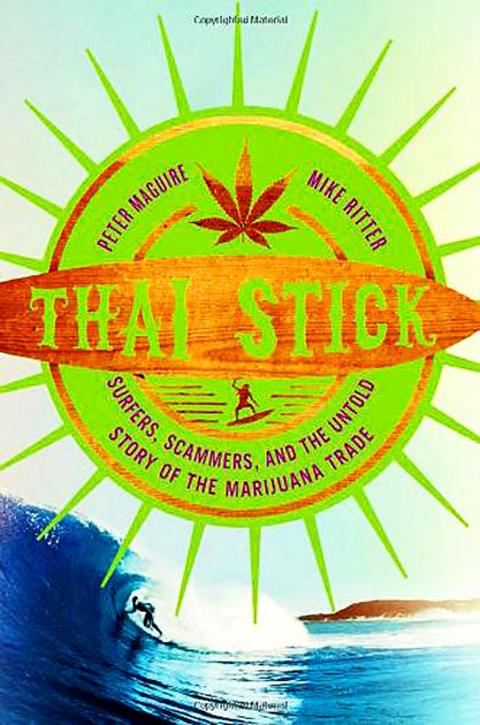
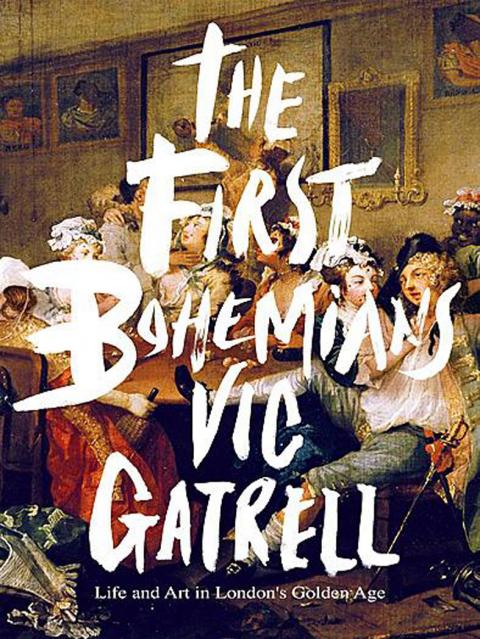
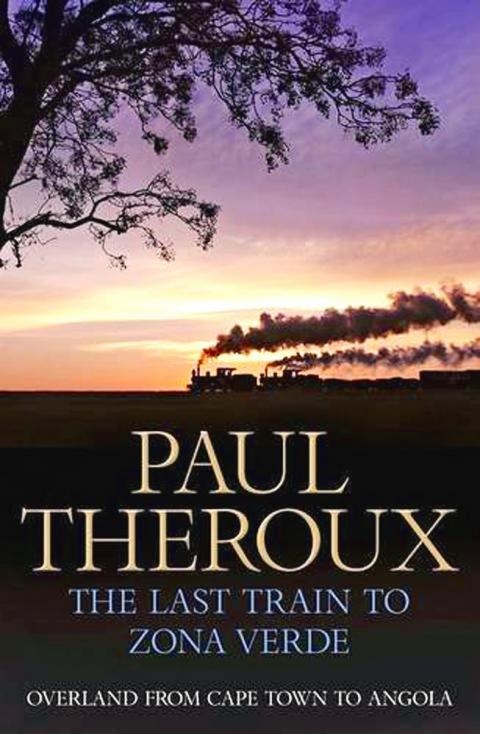
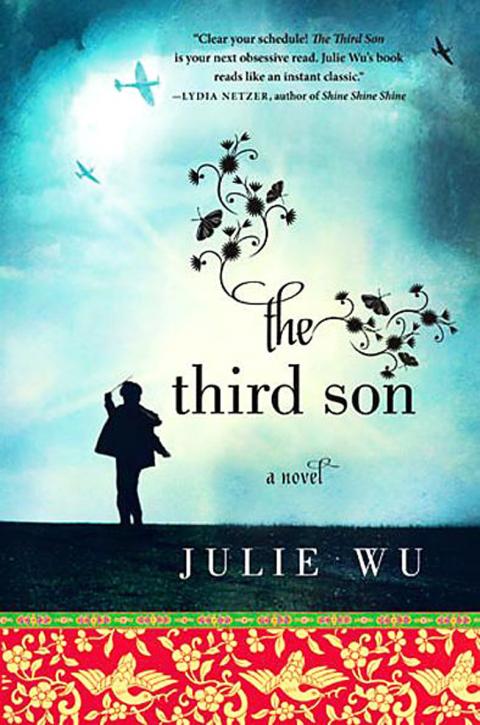
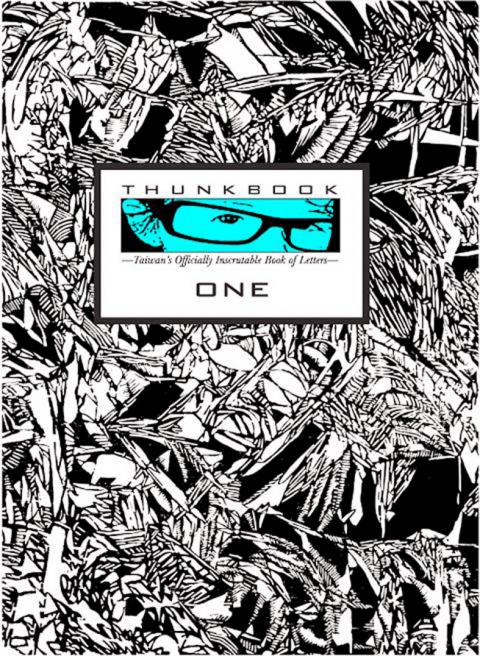

In the March 9 edition of the Taipei Times a piece by Ninon Godefroy ran with the headine “The quiet, gentle rhythm of Taiwan.” It started with the line “Taiwan is a small, humble place. There is no Eiffel Tower, no pyramids — no singular attraction that draws the world’s attention.” I laughed out loud at that. This was out of no disrespect for the author or the piece, which made some interesting analogies and good points about how both Din Tai Fung’s and Taiwan Semiconductor Manufacturing Co’s (TSMC, 台積電) meticulous attention to detail and quality are not quite up to

April 21 to April 27 Hsieh Er’s (謝娥) political fortunes were rising fast after she got out of jail and joined the Chinese Nationalist Party (KMT) in December 1945. Not only did she hold key positions in various committees, she was elected the only woman on the Taipei City Council and headed to Nanjing in 1946 as the sole Taiwanese female representative to the National Constituent Assembly. With the support of first lady Soong May-ling (宋美齡), she started the Taipei Women’s Association and Taiwan Provincial Women’s Association, where she

Chinese Nationalist Party (KMT) Chairman Eric Chu (朱立倫) hatched a bold plan to charge forward and seize the initiative when he held a protest in front of the Taipei City Prosecutors’ Office. Though risky, because illegal, its success would help tackle at least six problems facing both himself and the KMT. What he did not see coming was Taipei Mayor Chiang Wan-an (將萬安) tripping him up out of the gate. In spite of Chu being the most consequential and successful KMT chairman since the early 2010s — arguably saving the party from financial ruin and restoring its electoral viability —

It is one of the more remarkable facts of Taiwan history that it was never occupied or claimed by any of the numerous kingdoms of southern China — Han or otherwise — that lay just across the water from it. None of their brilliant ministers ever discovered that Taiwan was a “core interest” of the state whose annexation was “inevitable.” As Paul Kua notes in an excellent monograph laying out how the Portuguese gave Taiwan the name “Formosa,” the first Europeans to express an interest in occupying Taiwan were the Spanish. Tonio Andrade in his seminal work, How Taiwan Became Chinese,